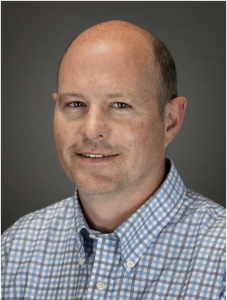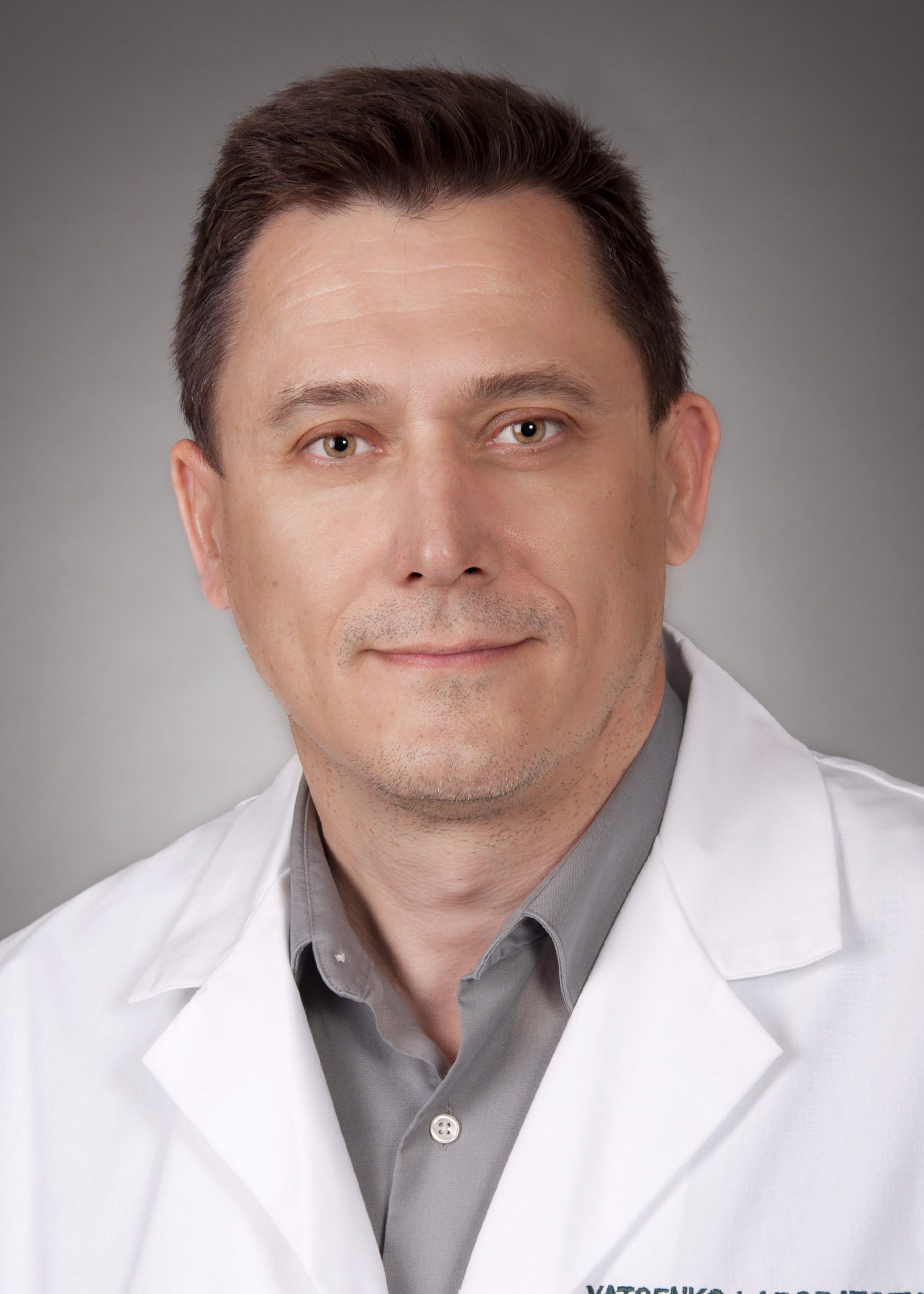We are an international consortium of basic and clinical scientists working in the field of male infertility genetics. By joining forces we aim to accelerate the discovery, replication and validation of genetic causes of male infertility and translation of these results into routine patient care.
Newcastle University
Read more about Newcastle University and the part they play with IMIGC.
University of Melbourne
Read more about the University of Melbourne and the part they play with IMIGC.
University of Utah
Read more about the University of Utah and the part they play with IMIGC.
University of Münster
Read more about the University of Münster and the part they play with IMIGC.
Oregon Health & Science University
Read more about Oregon Health & Science University and the part they play with IMIGC.
University of Strasbourg
Read more about the University of Strasbourg and the part they play with IMIGC.
Hudson Institute of Medical Research
Read more about the Hudson Institute of Medical Research Group and the part they play with IMIGC.
University of Pittsburgh
Read more about the University of Pittsburgh and the part they play with IMIGC.
Université Grenoble Alpes
Read more about the Université Grenoble Alpes and the part they play with IMIGC.

Within the consortium we have formed 3 key working groups, each focused on specific aspects of male infertility research and diagnostics. In the different working groups, we will coordinate and harmonize, clinical phenotyping and patient inclusion, genetic studies and bioinformatics as well as functional studies.
Genomics
Lead: Don Conrad and Joris Veltman
Participants: Frank Tüttelmann, Ki Aston and Alexander Yatsenko
Clinics
Lead: Frank Tüttelmann, Ki Aston and Csilla Krausz
Participants: Rob McLachlan, Ewa Rajpert-De Meyts, Godfried van der Heijden and Stéphane Viville
Functional validation
Lead: Moira O’ Bryan
Participants: Don Conrad, Kristian Almstrup and Lee Smith
Please contact us if you want to join any of these working groups and contribute to our mission, to identify and characterize the genetic causes of male infertility, allowing for improved diagnostics, development of novel treatments and enhanced patient care.













